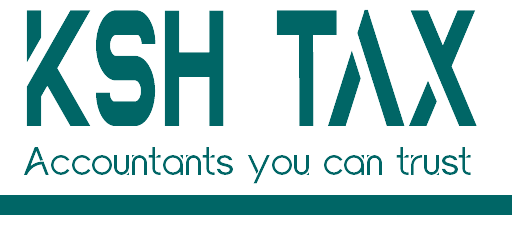Tax scams have become a part of our daily lives. They are prevalent during tax time, targeting specific individuals who are expected to handle their tax returns and refunds by themselves.
Fraudsters have constantly devised new strategies to outsmart the system, tricking many Australians into sharing their personal information and hard-earned money.
Understanding tax scams in Australia
Tax scams are fraudulent activities that involve stealing money or personal information from taxpayers.
They may impersonate legitimate authorities such as the Australian Taxation Office to gain trust and manipulate taxpayers into acting impulsively.
Common tax scams Australians should be aware of
Many scams are being reported in Australia, and here are some of them;
1. ATO impersonation scams
Have you ever received calls, texts, or emails threatening you with your tax penalties or demanding immediate payment for non-existent debts? If so, chances are that you were a victim. Scammers often use the pressure tactic with threats to make individuals act in alignment with their demands.
2. Fake tax refund scams
Scammers may email individuals claiming that they are entitled to a tax refund. They may request individual account details for refund processing, leading to fraudulent activities.
3. Tax debt scams
This type of scam involves fraudsters sending individuals emails or calls, claiming they owe them a large sum of money and demanding immediate payment. They may threaten them and eventually send money to them out of desperation.
4. Phishing and smishing scams
Phishing emails or smishing text messages have become a common form of scam lately. Scammers send fake messages impersonating ATO with clickable links that could compromise sensitive data.
How to spot a tax scam in Australia
1. Unsolicited contact
Individuals should note that ATO does not call, email, or text them without warning. Receiving unexpected communication claiming to be them should be marked as a scam and reported.
2. Urgent requests for payment
Scammers always tend to impose a sense of urgency on their culprits, claiming they must make the payment or act immediately to avoid legal consequences.
3. Threats of arrest or jail
It’s common for scammers to threaten individuals with legal action if they fail to pay up, but the ATO does not operate in that manner.
4. Suspicious links or attachments
If you notice that you are being sent emails or messages containing clickable links or attachments, you should always be cautious, as most lead to websites that steal your data.
5. Generic or unprofessional communication
Mostly, phishing emails may contain vague and impersonal information as opposed to the ones sent by ATO, which are transparent to the point and professional.
How to protect yourself from tax scams
Being able to spot and know how you can protect yourself from a scammer is a smart move. Here are some of the tips which can guide you and help you avoid falling victim to fraudsters’ tricks;
1. Verify any suspicious contact.
If you receive unsolicited emails, phone calls, or text messages claiming to be from ATO or myGov, don’t rush to respond immediately. Instead, contact the ATO for direct information and confirm if the communication was legitimate.
2. Don’t give out personal information.
Never share your personal information or financial details in response to unsolicited communication. Tax file numbers, bank account details, and passwords should always be kept private unless otherwise stated.
3. Use strong passwords
Always choose complicated passwords that can not be easily hacked. Ensure that you have set the two-factor authentication method.
4. Check your myGov account regularly.
Ensure your myGov account is active and secure by regularly monitoring your tax records and notifications.
You can also start a new routine, such as typing the URL directly instead of copying and pasting it from elsewhere to access your account.
5. Keep software updated
Ensure your machine has the latest software, security, and antivirus updates. This will help protect you from phishing websites and malicious downloads.
Winding up
Tax scams are and will always continue to happen. They shouldn’t be taken lightly, as they are a matter of concern. Individuals should always learn to stay vigilant to protect themselves from becoming victims. Always seek guidance from the ATO or myGov once you receive unsolicited communications before responding or sharing your data with them.













